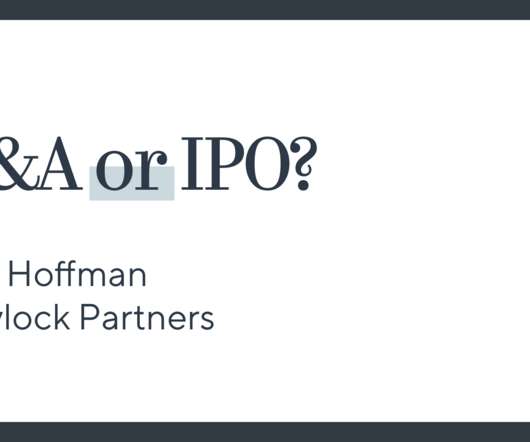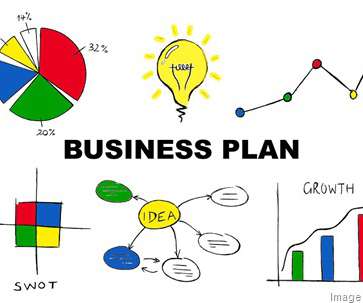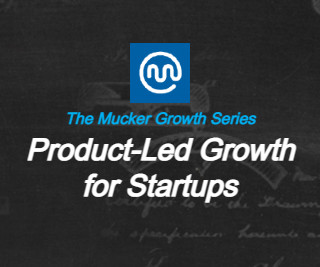Corporate Acquisitions of Startups: Why Do They Fail?
Steve Blank
APRIL 23, 2014
More often than not the results of these acquisitions are disappointing. buy out an entire company for its revenue and profits. Corporate business development and strategic partner executives are flocking to Silicon Valley to find these five types of innovation. Is the Potential Acquisition Searching or Executing?











































Let's personalize your content